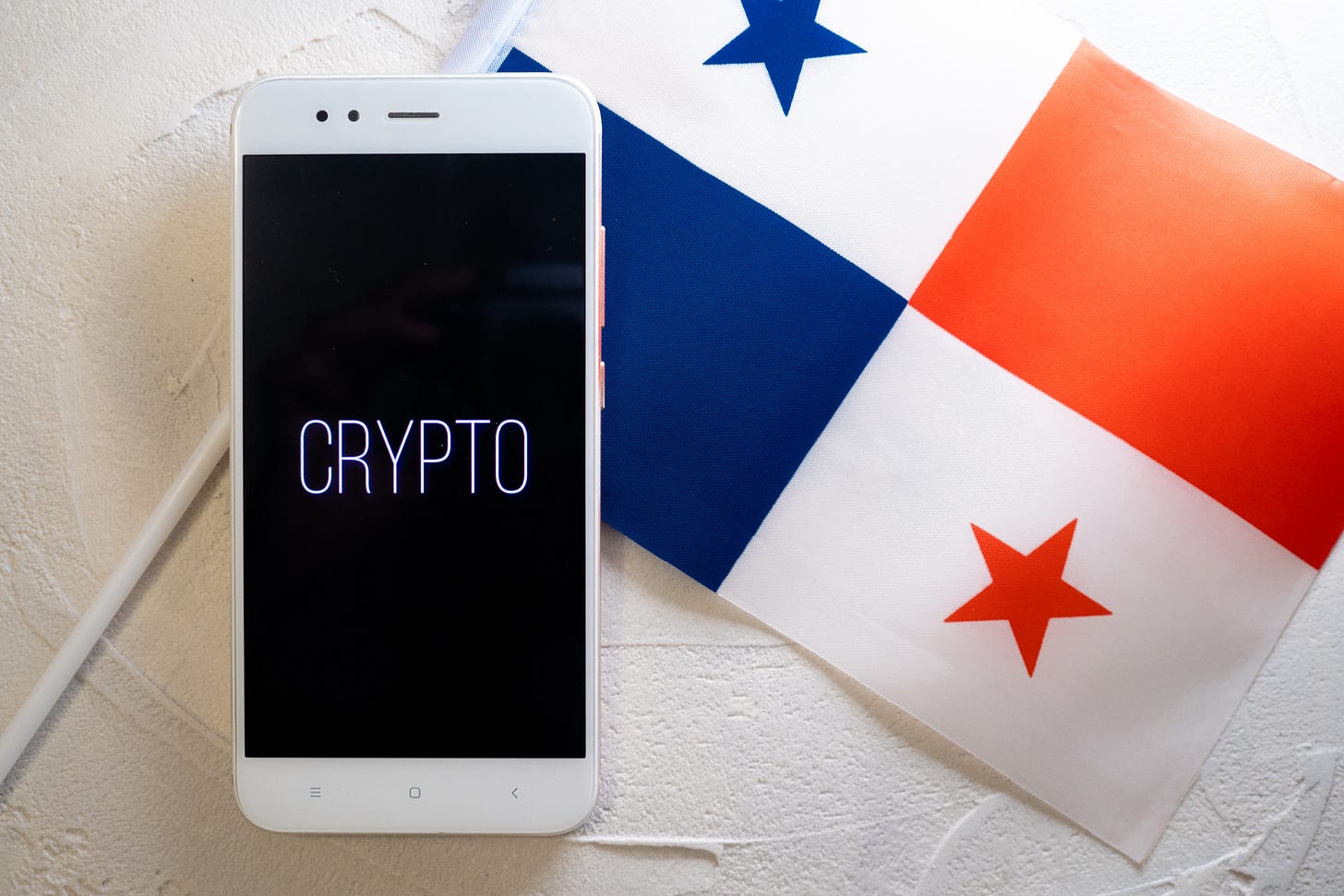An independent member of parliament in Panama is forwarding a proposal to make BTC and Ethereum one of the country’s acceptable payment methods. The bill defines BTC and ETH as crypto assets and options for payments that are not mandatory to use.
There is a lot of buzz around this bill coming hot on the heels of El Salvador making Bitcoin legal tender.
It also coincided with the ETH flash crash of September 7 (just had to mention this).
The buzz in all this is the significance of Panama in global finance.
Panama is a tax haven, and most of its economy relies on the Panama Canal. The lawmaker explains that almost everything economic revolves around banking, and crypto might just help in changing the country’s fortunes.
In a tweet, here is what the lawmaker says (translated):
“Today we present the Crypto Law. We seek to make Panama a country compatible with the blockchain, crypto assets and the internet. This has the potential to create thousands of jobs, attract investment and make the government transparent.”
As is evident, the Crypto Law is about making Panama "crypto ready" while also creating jobs, remaining attractive to investors, and making Panama's government transparent—which I highly doubt—and promoting inclusivity—which crypto does perfectly.
Panama has been accused of being a Laundromat—Panama Papers? Anyhow that's beside the point.
There has been a debate that El Salvador's decision to legalize Bitcoin won't have an effect. The country is "too poor," and Nayib Bukele is a dictator who has rendered the judiciary dysfunctional by installing loyalists; critics slam the move.
However, their incorporation of BTC into their financial system is a historic feat. This decision has already causing reverberation across the financial and legal worlds. It could potentially be the first chip to fall in an expected Domino Effect across Latin America and other emerging economies.
Panama could be the next country on focus. Its economy is 5X that of El Salvador, and the poverty level remains low at about 12 percent.
Therefore, the Crypto Law bill is of great significance in blockchain and crypto, a reason why it was received with excitement. It also fits for Panamians because, albeit existing development, most of its 4 million people are still unbanked despite the government putting attractive legal and tax structures qualifying it as a tax haven as aforementioned.
Sources within Panama say the lawmaker is an independent member of parliament who vehemently opposes the ruling party. Although it might pass, the ruling party has majority control in the legislature. Accordingly, they might need some convincing for the bill to sail through.
Tough as it may, crypto bears properties making it superior to traditional payment rails, mainly in transaction speed settlement. If eventually Ethereum is acknowledged as a desirable platform that can provide power payments, ETH would demand more.
Ethereum developers recently activated London, effectively making ETH ultra sound money. Supporters say with the continuous burning of ETH; the coin would be scarcer than Bitcoin and gold, lifting the coin to new valuation. Although fewer companies hold ETH than they do Bitcoin, the wave is coming. The first Hong Kong-based company, Meitu, has already been ramping up ETH, making them part of their reserve.
On September 8, a Standard Chartered report said ETH is a global facilitating agent comparing it to the system powering credit companies. As a launchpad, the British bank is more bullish on ETH than BTC, expecting the coin to reach $35k eventually. This is a 10X projection from spot rates. Lofty as it may, a surge even to $10k would narrow the gap, accelerating the expected flip as ETH dislodge BTC.
This is not forgetting scaling options on the table to help lower transaction fees and make ETH a real currency. As it is, this won't be workable.
Going forward, the crypto revolution in Central and South America is attractive and precisely what the community wants to see. The evolution of what's defined as money is malleable, changing from time to time.
Governments won't easily give up control of money, but the significance of crypto can't also be downplayed—or dismissed. There are benefits to be reaped specifically for the masses, not the elite—a win for Satoshi, Hal Finney, the Cypherpunks, and early crypto adopters, including Vitalik, who predicted what we now have.



There is a word called unavoidable end, that word must have been said for this article.
they waged a war against crypto but did not win. sooner or later they will have to keep up with crypto.
This is true for the whole world. btc will be more involved in our lives and will be our future.
Soon or later countries will start to legalize crypto and assign institutions to take advantage of it. It might not be like a domino effect -meaning that it might take plenty of time-, but eventually we will be seeing acceptance of crypto in each country one by one.
I hope legislature will think about the basis of crypto law thoroughly and make the right decision.
Thanks for the article.